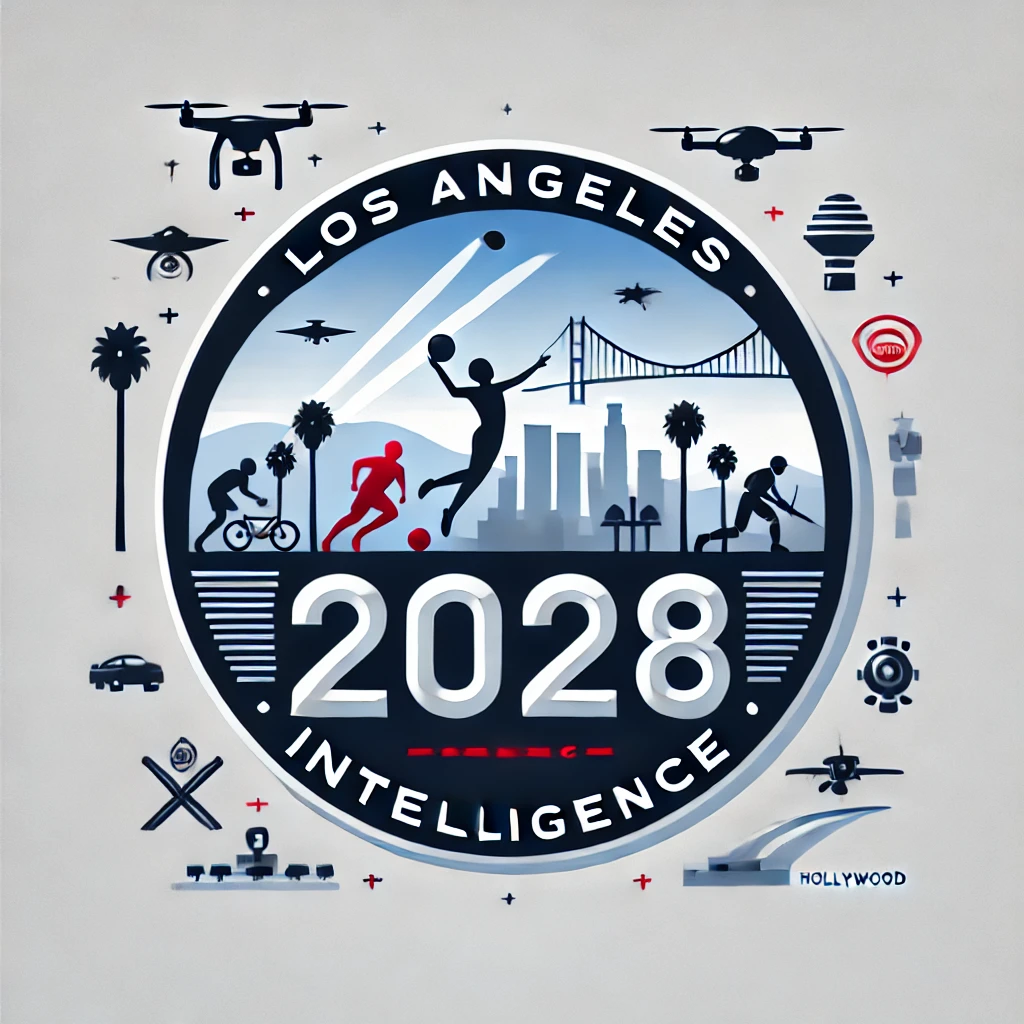
As we bid farewell to the Paris 2024 Olympics, the countdown begins for the Los Angeles 2028 Olympics, just four years away. The opening ceremony on July 14, 2028, will take place at SoFi Stadium, nestled within a three-mile radius of Silicon Beach, home to tech giants like Amazon, Apple, Facebook, Google, Microsoft, Netflix, Snapchat, SpaceX/Tesla, Yahoo, and YouTube. Just five miles away are two of the nation’s most prominent research institutions and Nobel Prize-winning universities, USC and UCLA. Conveniently, the Los Angeles International Airport, one of the world’s busiest, is just within walking distance from the stadium.
People might wonder how Los Angeles can fund such a monumental event. The answer lies in the city’s immense wealth, with some of the world’s most valuable real estate and a roster of billionaires, elite athletes like LeBron James, sports team owners like Steve Ballmer, social media influencers such as the Kardashians, and Hollywood megastars like Tom Cruise. As the largest city in California, which the State boasts the world’s fifth-largest GDP, Los Angeles is uniquely positioned to host this global spectacle.

Los Angeles Intelligence (LA28) will be a showcase of next-generation technology, fully supported by cutting-edge artificial intelligence. This technology will be unlike anything seen in previous Olympics. So, what can we expect from LA28?
Transportation: AI-controlled cars and buses will transport athletes, spectators, and visitors, reducing traffic congestion. During the two-week event, many LA office workers will work from home, easing the burden on roads and freeways.
Human Body-Tagging System: Athletes can choose to install a small chip on their bodies for location tracking, preventing them from getting lost in the vast city or the Olympic Village. This system will also help athletes monitor their health by providing alerts about potential viral threats nearby, helping to prevent sudden outbreaks that could arise in overcrowded areas.
Drone Bodyguards: AI-enhanced security systems will deploy drones to provide discreet protection and monitor activities around athletes and attendees.
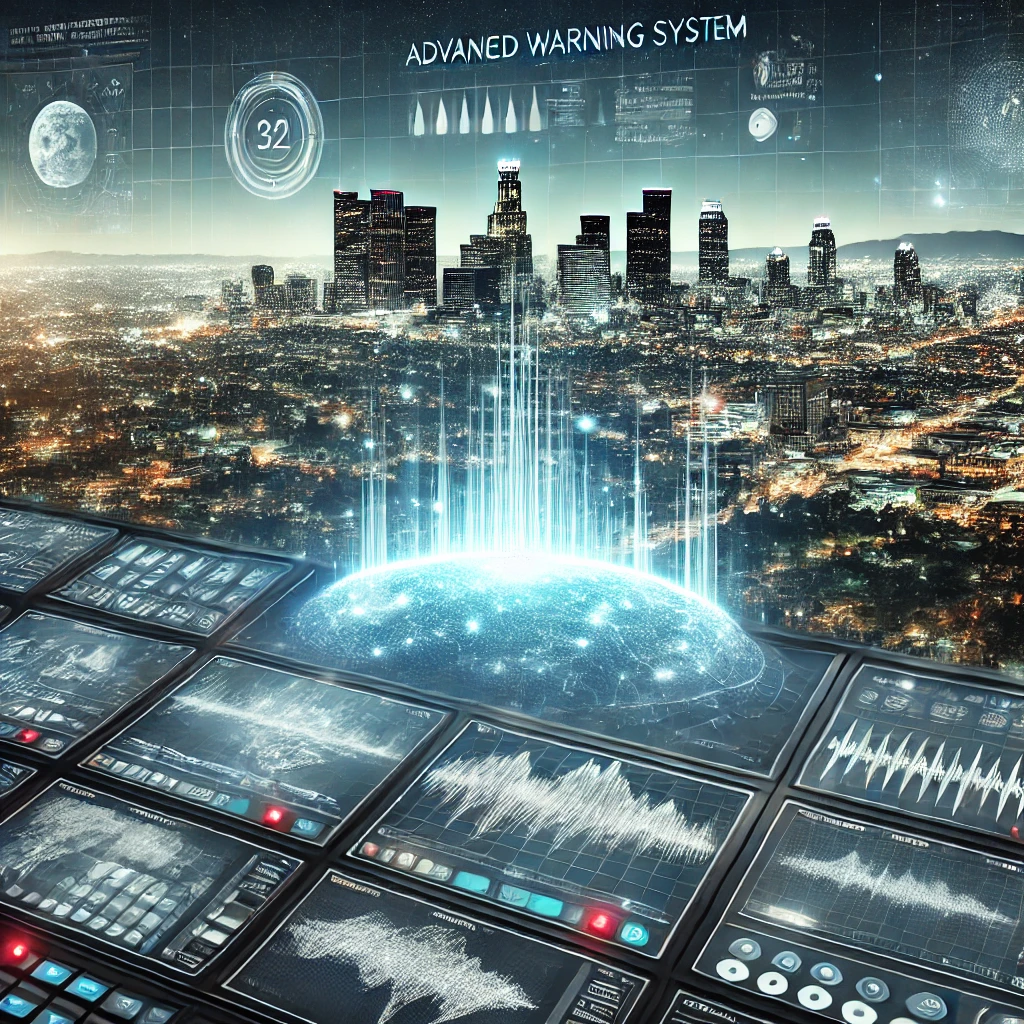
Advanced Earthquake Alert: Given Los Angeles’ earthquake risks, athletes will sleep in metal-framed beds, a step up from the cardboard beds used in Paris 2024. With the most sophisticated earthquake monitoring system at Caltech, LA28 could see even more advanced warning technologies in place.
Noise-Cancelling System: AI-driven noise-cancelling technology will reduce noise from airplanes near SoFi Stadium, ensuring a quieter environment amidst the city’s hustle and bustle.
Haloha, the Robotic Chef: Athletes will enjoy personalized meals, tailored to their tastes and nutritional needs. Los Angeles, with its diverse culinary scene, will offer a wide range of ethnic foods, from Korean and Chinese to Mediterranean and American.
HouseLive: Climate-controlled housing will help athletes from different continents adjust to LA’s weather, though July temperatures typically hover around a comfortable 70°F (23°C). Visitors can also opt for luxurious beachfront homes in Malibu.
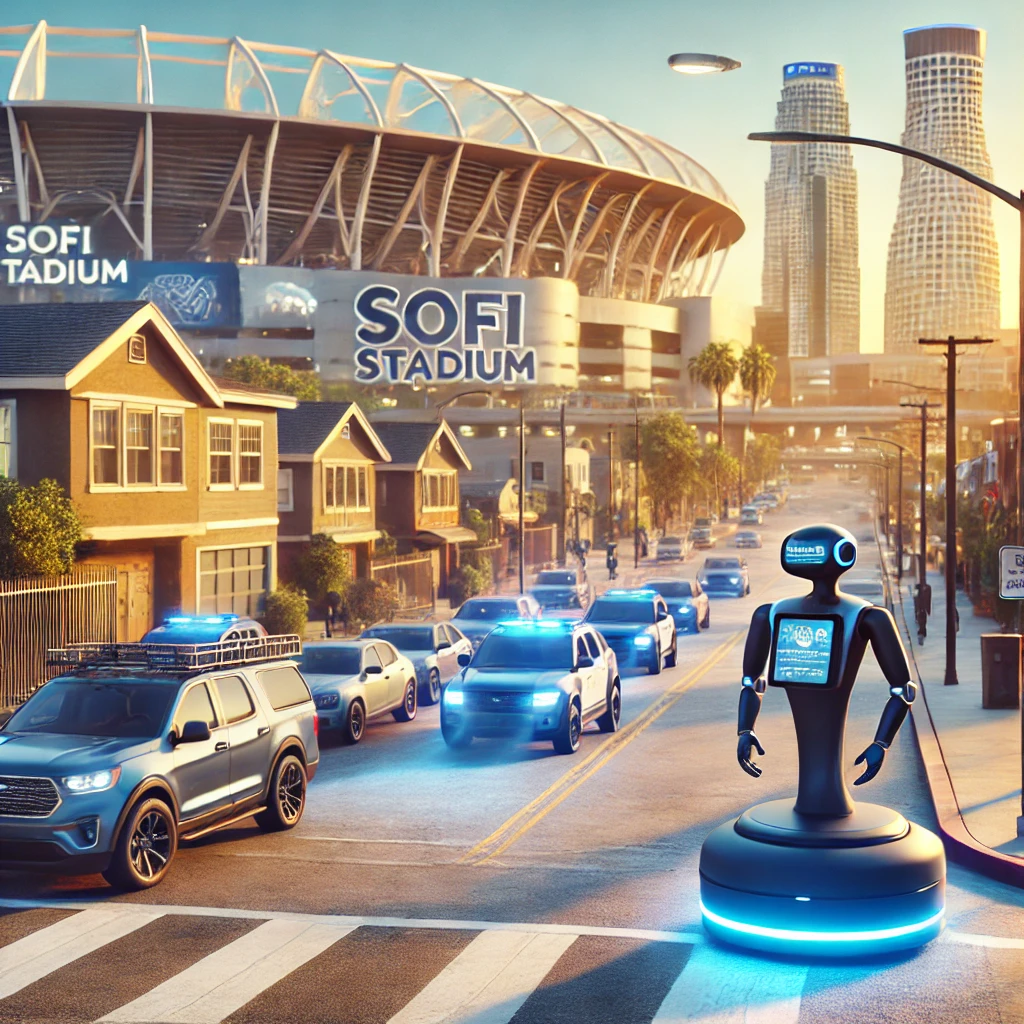
ParkLive: Robotic parking enforcers will help manage parking around the stadium, addressing the issue of unauthorized vehicles in residential areas. In a city where car travel is essential, this innovation will be a welcome relief.

SpaceLive: A 24-7 advertising platform will beam the latest marketing messages from the sky using strobe and laser lights, rendering traditional skywriting obsolete.
EventLive: AI-powered scoreboards will provide real-time updates on scores, medal counts, and player profiles, ensuring that spectators are always in the know.

In just four short years, Los Angeles Intelligence will turn from vision to reality. With its proximity to Silicon Beach’s tech hubs and top-tier universities, LA28 is set to introduce groundbreaking innovations that will make it an unforgettable event in Olympic history.
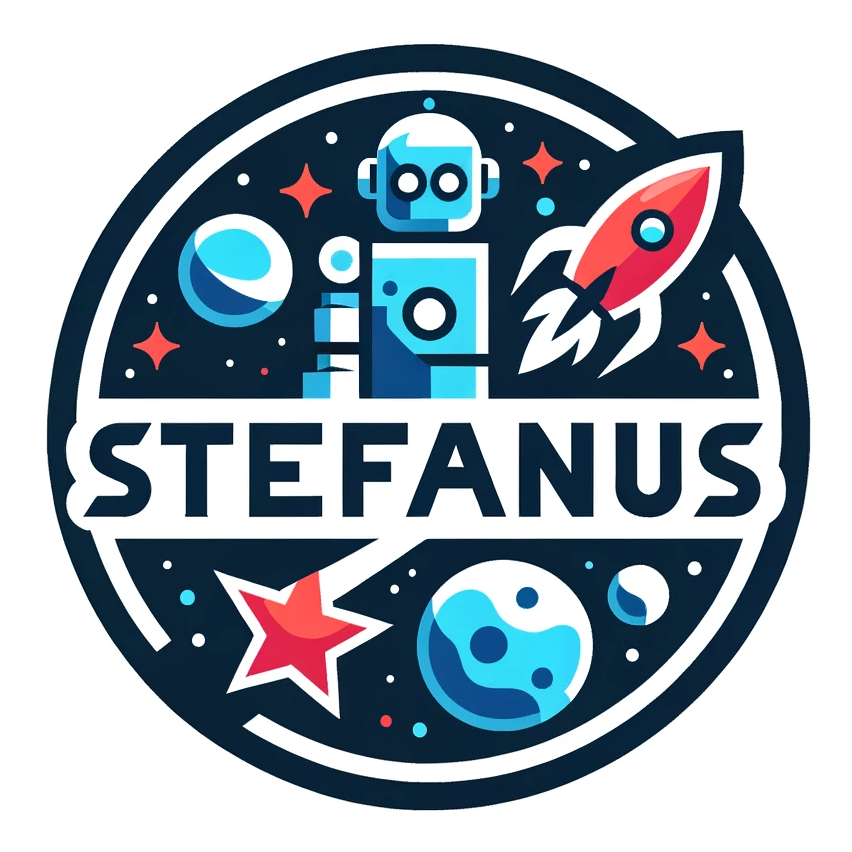
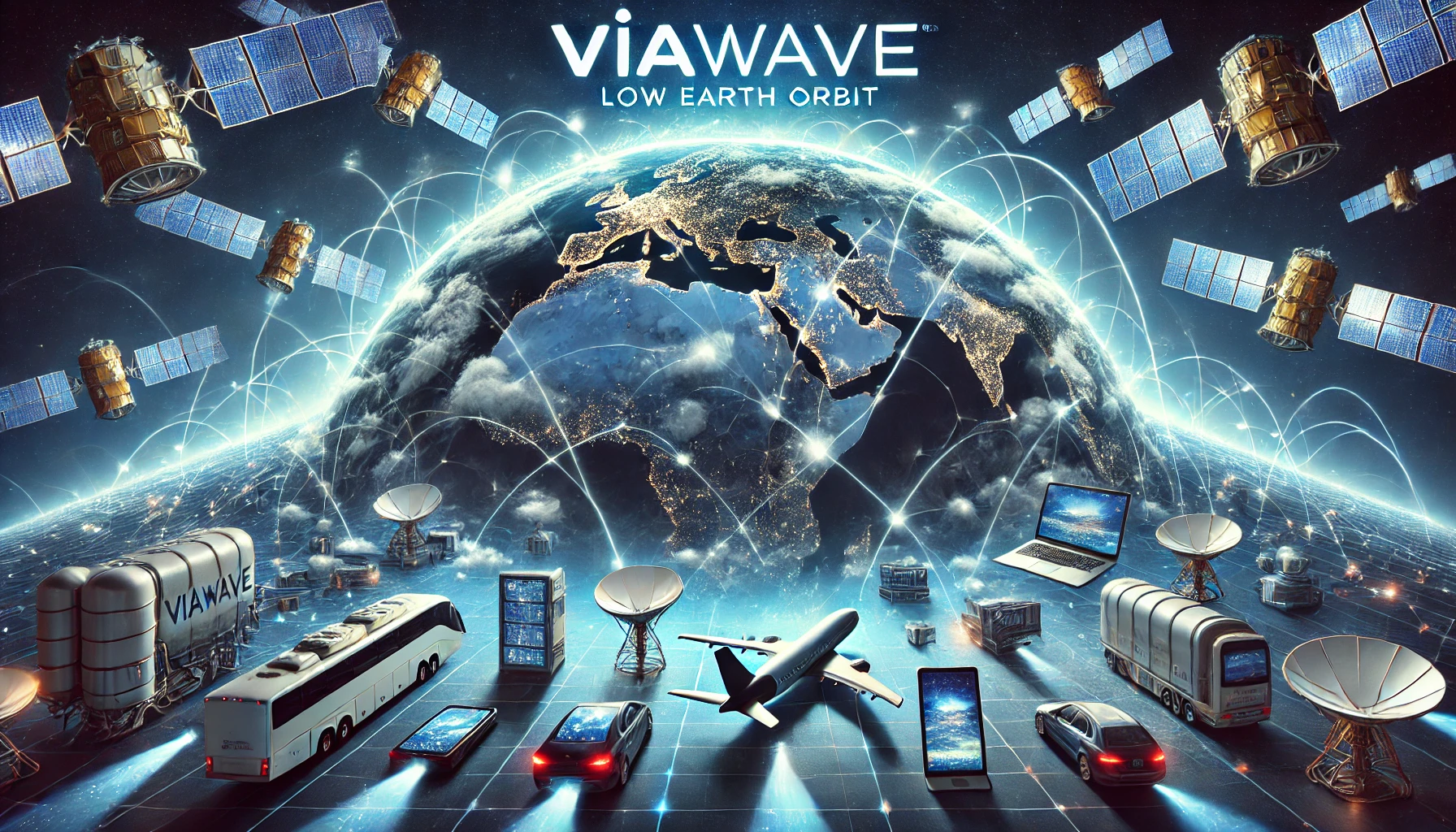
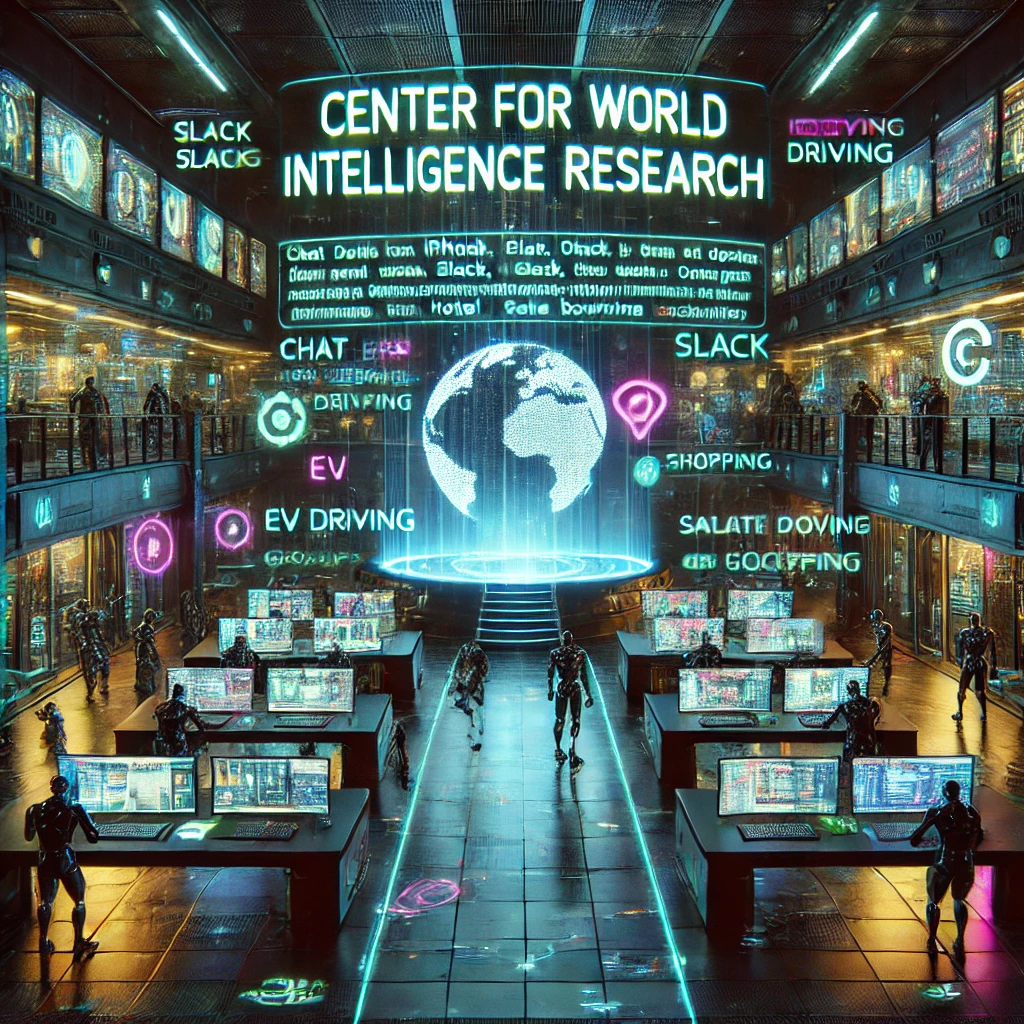

Comments
[…] represents a boundless world capable of containing numerous possibilities, much like an LA28 Olympic village for global citizens. It brings together people from all corners of the world, […]